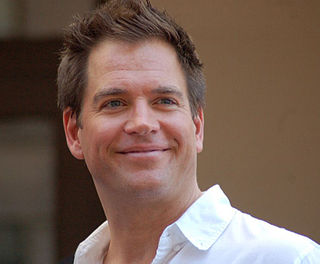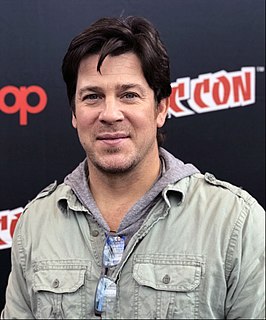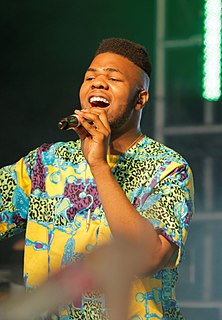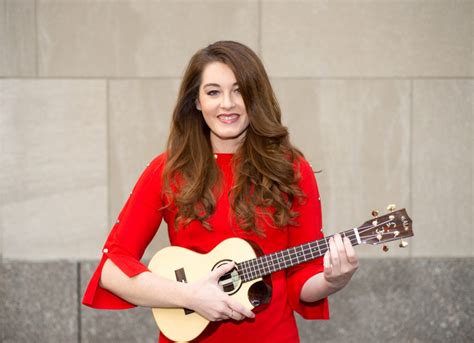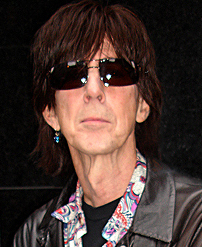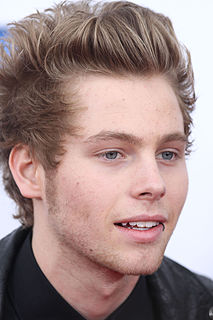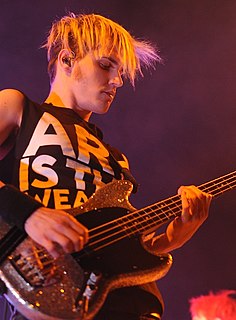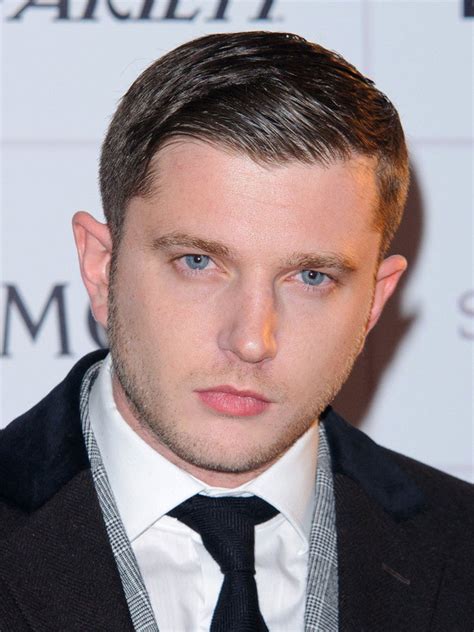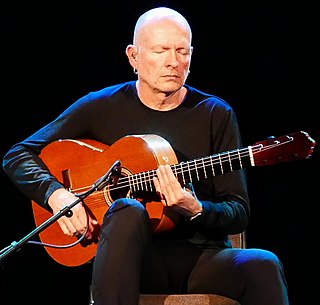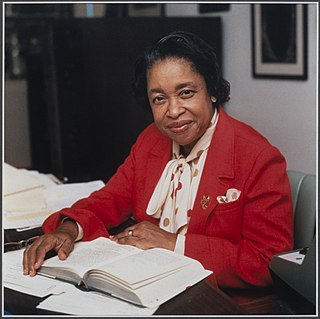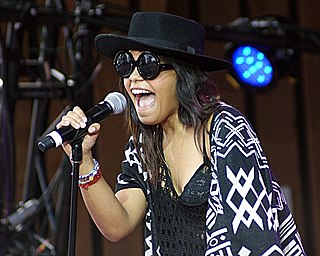A Quote by Denis Leary
The key thing is to get that one splash - that one song or that one video for a song - that catches people's eyes. Because it's all digital content now.
Related Quotes
But I saw this video, not even the whole thing, and I just knew that it was going to be my favorite song for...for the rest of my life. And it still is. It's still my favorite song... Lincoln, I said you were cute because I didn't know how to say--because I didn't think I was allowed to say--anything else. But every time I saw you, I felt like I did the first time I heard that song.
The best thing you can do for a song is to hear it on the radio and to imagine what it could mean to you and then kinda forget the words. Just imagine how you felt when you heard it, if it was one of your songs. If it became one of your songs. If it meant whatever it meant for you and as soon as you see the visual, you get a rapid eye movement relationship with the song instead of an imaginative one. I think that can be dangerous because I don't think I'd want to be listening to a song on the radio and thinking about the video. Whatever that one interpretation was
The interesting thing about a song like 'Bulletproof Heart' - it was [originally] called 'Trans Am' - the interesting thing about the amalgamation of that song was that the song also lived within us, like we all got to live with the song and it was around for about a year before we recorded it again, so the song got to really transform, which you don't really get to do.
The problem with working with a record label is they maybe a song I want to make a video for that they will refuse to make a video for because they don't see that song as a single. And I found that very frustrating. I realised what I was doing was making these short films for the blind. They were films and all you had to do was put some headphones on and close your eyes and listen to my voice and you'd be able to visualise the images that I'm putting into your brain. And so I started calling what I was doing 'films for the blind'.
But once you've made a song and you put it out there, you don't own it anymore. The public own it. It's their song. It might be their song that they wake up to, or their song they have a shower to, or their song that they drive home to or their song they cry to, scream to, have babies to, have weddings to - like, it isn't your song anymore.
If you read about a tree, and there is a description, you have to grow that tree in your mind. So that's an active way of looking at media, whereas a movie or a TV will be passive, because they are showing you the tree. In the same way, when somebody sings a song for you, those words get so much in the foreground, that even if you take a minor key of music and then put like happy lyrics to it and people think it's a happy song. So, in a song, you are told what to feel, whereas, in an instrumental music, you get as much out of it as you are willing to put into it.


